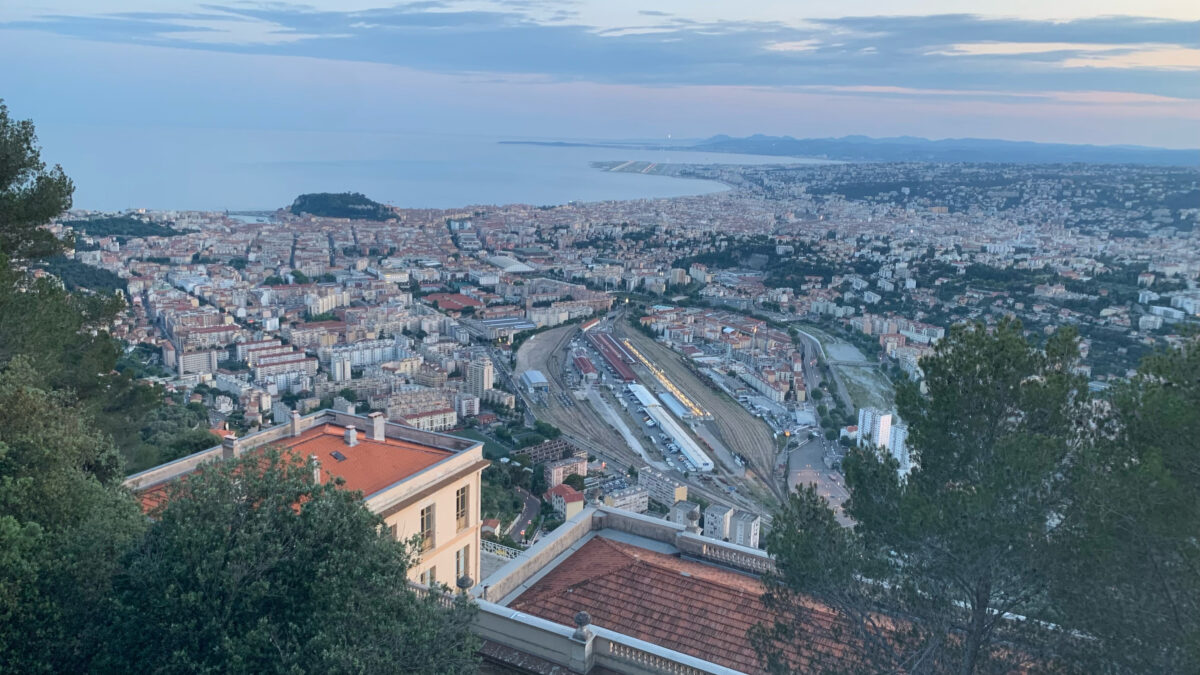On the night of Monday, August 21 to Tuesday, August 22, Nice experienced a record-breaking temperature as the Alpes-Maritimes department remains on orange heatwave alert and atmospheric pollution alert.
Temperatures were extremely high last night in Nice. It did not drop below 28.6°C, a historic temperature. Thus, the city experienced its hottest night ever recorded, breaking its absolute record for high minimum temperature. The previous record dated back to August 7, 2015, when the minimum temperature recorded was 28.1°C.
Météo France South-East announced that this situation is expected to last several days. On its X account (formerly Twitter), the meteorological and climate service explains this phenomenon by the presence of “dry and warm air coming from inland due to the slope breeze effect or humid east-northeast wind coming from the sea at 27°C”.
Since this Sunday, August 20, at noon, the Alpes-Maritimes department has been placed on orange heatwave alert. Currently, 39 French departments are affected by this heightened vigilance as the country experienced its hottest day ever recorded this Monday. These high temperatures contribute to poor air quality.
Very Poor Air Quality
Nice and the entire department are experiencing an ozone air pollution episode. Level 1 alert was triggered on Monday, August 21, and is maintained on Tuesday, August 22. “Temperatures remain very high with little wind and nocturnal thermal inversions favoring the accumulation of pollutants and the formation of ozone through photochemistry,” specified Atmosud.
“The risk of persistent exceedance of the regulatory threshold in departments 06, 13, 83, and 84 remains high,” adds the independent regional air quality observatory.
The Alpes-Maritimes prefecture recommends following certain guidelines. The population is advised to opt for public transportation and to travel using means that limit pollutant emissions. It is also strongly advised to postpone the use of solid fuel barbecues such as charcoal or wood, and to avoid organic solvents for your tasks (varnishes, paints, glues, etc.).
As long as the alert is maintained, it is preferable to limit or avoid (for sensitive people) intense outdoor physical activity. If you experience respiratory or cardiac discomfort, it is advised to seek advice from healthcare professionals.


